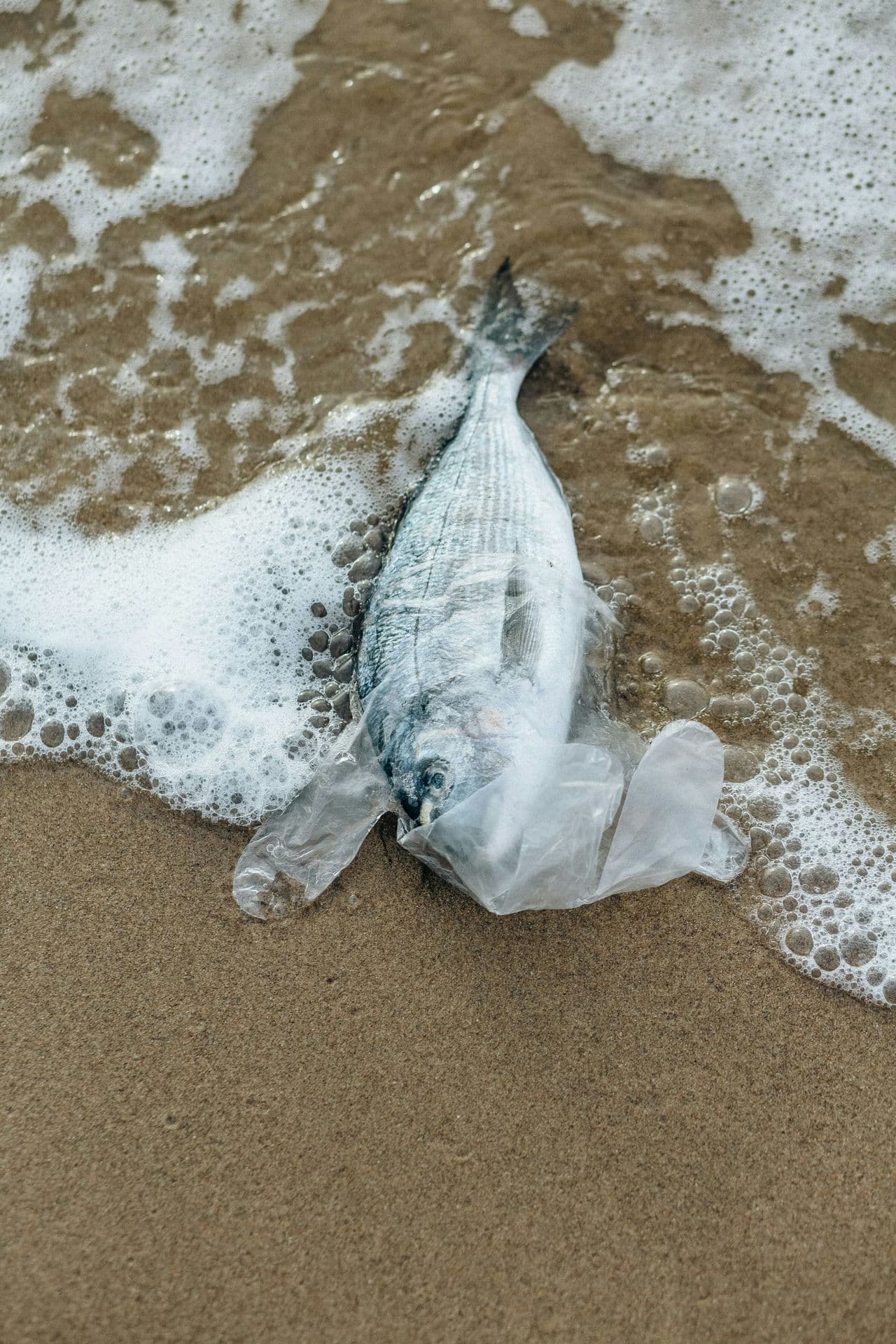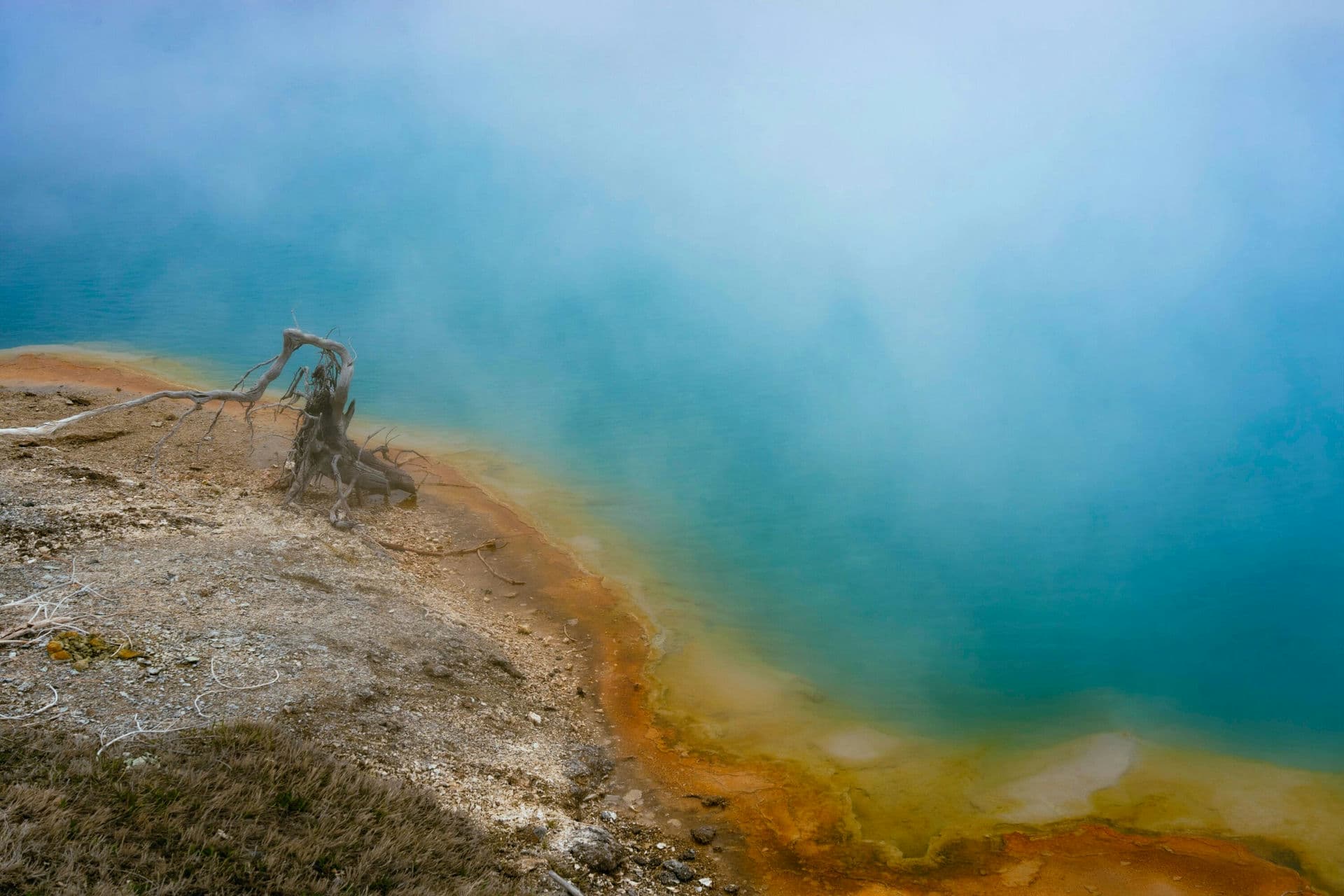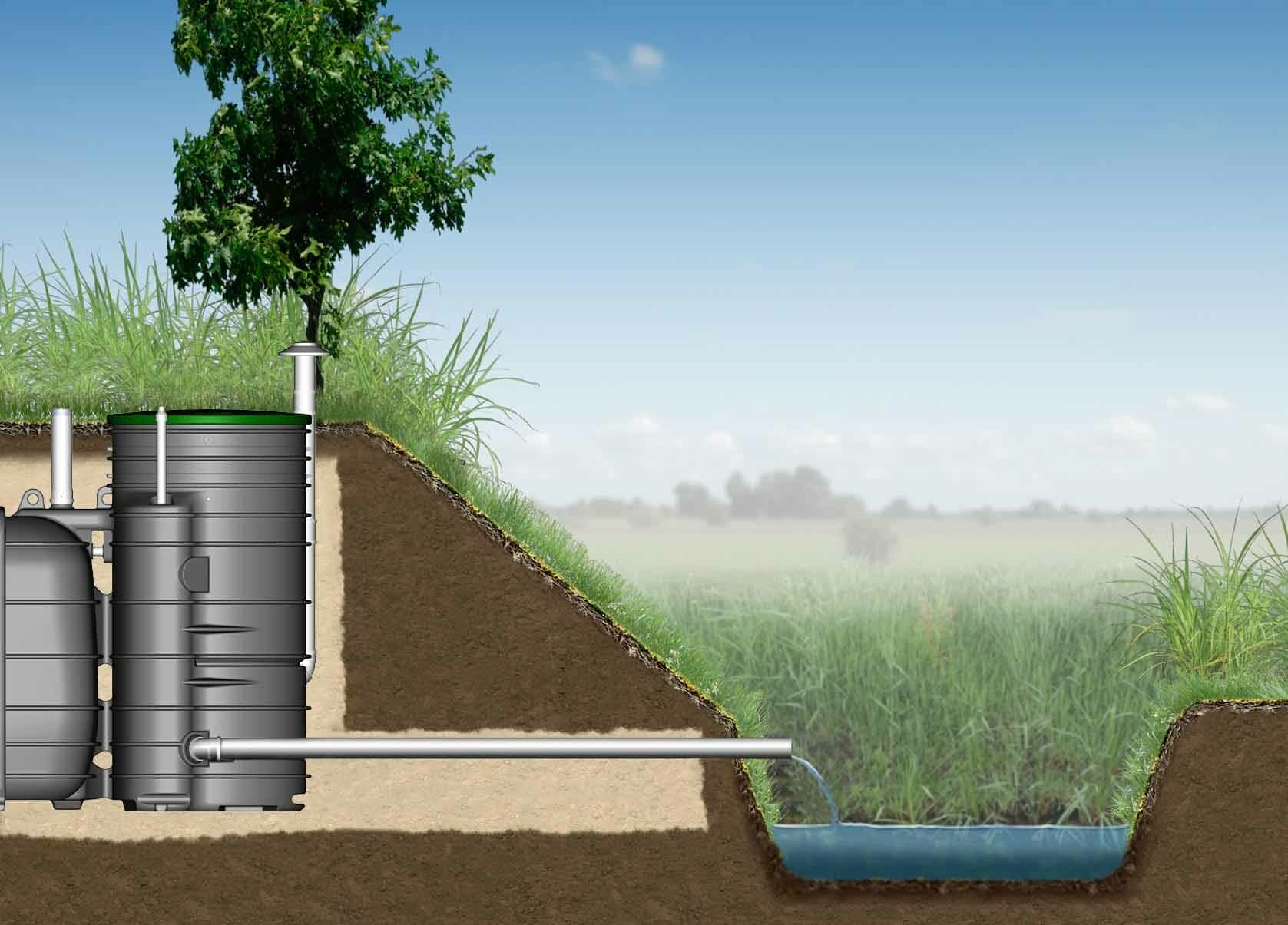Wastewater is water that has been used and then discharged into the environment. It can contain a variety of pollutants, which is why it is important to treat it properly before releasing it back into the ecosystem. If wastewater is not treated, it can cause all sorts of problems for both people and the environment. In this blog post, we will discuss what happens if wastewater is not treated and some of the dangers that come with it.
 There are many different types of pollutants that can be found in wastewater. Some of these pollutants include:
There are many different types of pollutants that can be found in wastewater. Some of these pollutants include:
Not only will these pollutants impact water quality through direct pollution, but they can also affect it indirectly by dry or wet deposition and leaching. This in turn harms aquatic ecosystems. To protect everyone's well-being, it's crucial that we manage pollutants efficiently.
As we mentioned, it's important to treat pollutants so that they don't cause harm to people, plants, and animals. When pollutants are treated, they are broken down or removed so that they can't cause any damage. This helps to protect our environment and keep our waterways clean.
Many people believe that the government creates rules and regulations without any care or logic, but this often isn't the case. In fact, there's a legal obligation to treat wastewater properly because pollutants can have harmful effects on people (ourselves and future generations) and flora & fauna (both current and future species).
Most of us think of endangered animals when we hear the word fauna, pictures of them stranded on beaches or riverbanks. The most significant hazard we face by neglecting pollutants is not to our cuddly pets but to the unseen bacteria that break down our waste.
 Wastewater treatment is a vital process that helps to protect our environment and keep our waterways clean. When wastewater isn't treated, it can contain pollutants that can contaminate the soil, water, and air. It's important to treat pollutants so that they don't cause harm to people, plants, and animals.
Wastewater treatment is a vital process that helps to protect our environment and keep our waterways clean. When wastewater isn't treated, it can contain pollutants that can contaminate the soil, water, and air. It's important to treat pollutants so that they don't cause harm to people, plants, and animals.
Here are some examples from around the world that prove the danger of untreated water.
As you can see, the consequences of untreated wastewater can be extremely harmful to the environment and human health. That's why it's so important to make sure that wastewater is properly treated before it's released into the environment.
 The key is to construct wastewater treatment systems that cooperate with the natural environment, not against it.
The key is to construct wastewater treatment systems that cooperate with the natural environment, not against it.
That's how BIOROCK sewage treatment plants work. How? In traditional activated sludge systems (e.g. SBR), aerators and/or agitators pump air 12-24 hours per day to provide enough oxygen, so that a limited range of organisms can survive to break down the waste. The BIOROCK units work without any electrical or mechanical aerators – they simply require a natural air draft for aeration.
Running without electricity, and therefore free of mechanical parts which are synonymous with heavy maintenance, the BIOROCK system allows its user to realize substantial savings in terms of both energy consumption and system maintenance. This exclusive filter inside our solutions is degradation-resistant, stable, and sustainable - keeping the purification system working effectively over the long term.
Our level of expertise and attention to detail guarantees only the best, most reliable products, providing the market with the ultimate non-electrical wastewater treatment technologies.
As you can see, untreated wastewater can have devastating consequences for the environment and human health. That's why it's so important to make sure that wastewater is properly treated before it's released into the environment. There are a variety of sustainable solutions available to treat wastewater properly, and it's important to choose a solution that will work best for your specific needs. The BIOROCK sewage treatment plant is a great option for those who want to cooperate with the natural environment, as it doesn't require any electrical or mechanical aerators. This means that it's more efficient and easier to maintain over the long term. If you're looking for a sustainable solution to treat your wastewater, then the BIOROCK sewage treatment plant is a great option to consider. Contact us right now!